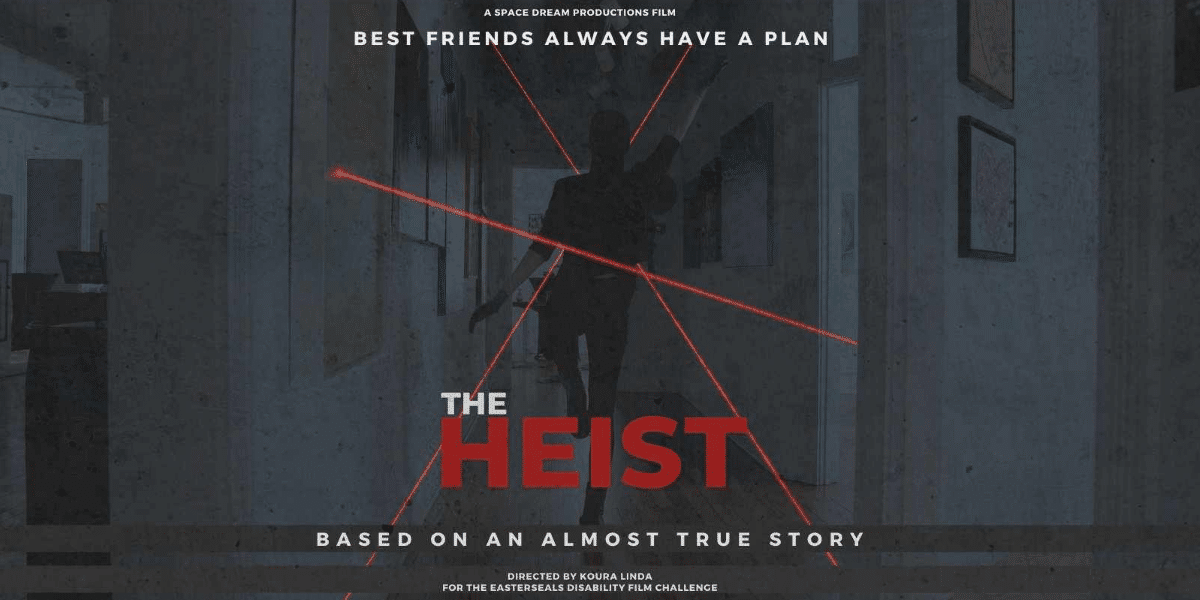When the pandemic hit in the early Spring of 2020, live entertainment was one of its first casualties. For nearly a year, speculation swirled as to whether audiences would ever be able to safely gather again inside of a theater–or even outside in a stadium or other open-air venue. While there have been some glitches since the vaccines were rolled out, it’s safe to say that in-person entertainment is coming back in a big way. Garth Brooks, the industry’s all-time biggest draw, is on tour, as are several Broadway productions, including Hamilton.
These are the same great shows as before COVID, but the ticketing process has evolved–a lot–over the past two years. This is partly due to COVID, partly due to new technology and partly due to both.
The most noticeable change, of course, is online ticketing. People were buying their tickets online long before the pandemic, but the box office is quickly approaching historical artifact status. With smartphones, digital wallets and innovative fintech like ApplePay, tickets are officially not just digital, but mobile.
The migration from offline to online has inspired all kinds of innovation. Companies like VBO Tickets with their cutting edge white-label ticketing software, for example, have emerged as a huge trend alongside digitization. This type of software is made up of embedded apps or programs that enable event organizers, venue operators and performing art centers to manage ticketing on the cloud. Because white-label ticketing is such an innovative and flexible software, it’s ideal for sellers who wish to manage their own ticket sales, sell under their own brand name, maintain control of their client’s data, and control access to their events and venues.
While digital ticketing software is constantly evolving, two recent innovations stand out. One is timed ticketing, in which the event can stagger arrivals or automatically space seating to enable social distancing. Another is attaching food and merchandise sales to the ticket itself so that ticket-holders can pre-order concessions or memorabilia. This allows for ticket-holders to pick it up when their ticket is scanned, or have it delivered right to their seat. This prevents them from having to stand in a crowded line later, possibly exposing them–and venue employees–to potential infection. Tickets could also contain details of a vaccine passport, in localities where one is required for entrance.
Because of the COVID pandemic, not all events are strictly in-person. We’ve discovered that some demographics no longer feel comfortable in a crowd but they still want to be part of the event in real time. The solution for these customers is virtual streaming, which allows attendees to tune in to a live show from any location. Using a service like VBO Tickets, for example, it’s possible to monetize any type of live-stream ticketed event, whether in person, virtual, or a hybrid of the two.
While no one welcomed the pandemic, it did cause the need to adapt many of the innovations happening now in event ticketing, as well as those to come. At VBO Tickets we are committed to keep our shared experiences up on the stage and as safe as possible for everyone. As they say, the show must go on!
About Mike MacPhersonMike MacPherson is Director of Sales and Marketing for VBO Tickets. Working with performing arts, education, sports, museums, festivals, comedy clubs, and more, VBO developed a set of software that seamlessly integrates with any client website, providing powerful tools to create, manage and sell events from virtually anywhere.





